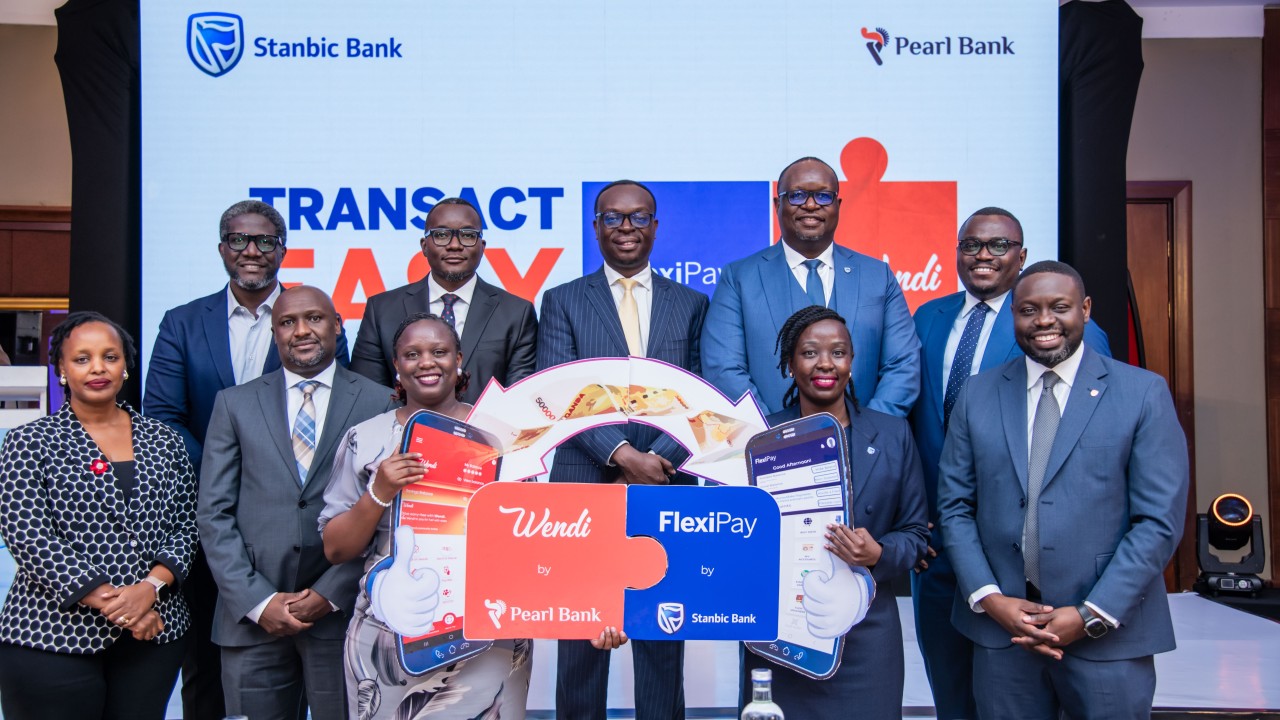Over one-third of corporate employees in Africa are susceptible to phishing and social engineering attacks, but regular training can substantially diminish their vulnerability to such cyber threats. This insight emerges from KnowBe4’s 2023 Phishing by Industry Benchmarking Report for Africa, which gauges an organization’s Phish-prone Percentage (PPP), an indicator of how many employees are likely to fall for phishing or social engineering scams.
The report, based on data from 12.5 million users across 35,681 organizations in 19 industries, encompasses results from 32.1 million simulated phishing security tests. The study includes international phishing benchmarks from various regions, and within Africa, 412 organizations from South Africa, Kenya, Nigeria, and Botswana participated in phishing simulation tests, with 337,937 emails sent.
African businesses, primarily small (58%), medium (26%), and large (16%), showed a lower baseline PPP compared to other regions, indicating they were less susceptible to phishing attacks prior to training. However, their improvement after 90 days of training was less pronounced. Yet, after a year of ongoing training, African users demonstrated a 79.8% reduction in PPP, highlighting the effectiveness of consistent security awareness education.
Anna Collard, Senior VP of Content Strategy & Evangelist for KnowBe4 Africa, emphasized that while technology is crucial in cyber defense, the human factor cannot be disregarded. The report demonstrated that without security training, 33.2% of employees across regions and industries are susceptible to phishing attacks. Africa’s average was 32.8%, better than the global average.
After 90 days of training, Africa’s average PPP was 20.5%, compared to the global average of 18.5%. A year of consistent training lowered Africa’s PPP to 6.6%, highlighting the development of improved security habits and culture. Medium and large enterprises exhibited the most significant improvements, emphasizing the value of ongoing cybersecurity awareness training.
The report also revealed industries with higher PPPs, emphasizing their greater need for security awareness training. The healthcare and pharmaceutical sectors had the highest PPP among small and medium organizations, while the insurance industry remained most at risk for larger organizations. The report underscores the need for continual cybersecurity training to embed a strong security culture within companies.












I don’t think the title of your article matches the content lol. Just kidding, mainly because I had some doubts after reading the article.
I don’t think the title of your article matches the content lol. Just kidding, mainly because I had some doubts after reading the article.
Thank you for your sharing. I am worried that I lack creative ideas. It is your article that makes me full of hope. Thank you. But, I have a question, can you help me?
cheap generic amoxil – https://combamoxi.com/ how to buy amoxicillin
order diflucan 100mg pill – purchase fluconazole without prescription cost forcan
cenforce usa – https://cenforcers.com/ buy cenforce
what is the active ingredient in cialis – site cialis for pulmonary hypertension
order zantac 300mg for sale – https://aranitidine.com/# order ranitidine pills
cheap viagra cialis uk – viagra sale us cheap generic viagra on line
This is the kind of content I have reading. donde comprar fildena 100
The thoroughness in this break down is noteworthy. buy prednisone cheap
More posts like this would make the online play more useful. https://ursxdol.com/get-cialis-professional/
Thanks for putting this up. It’s well done. https://prohnrg.com/product/diltiazem-online/
I couldn’t weather commenting. Well written! stromectol acheter en ligne
I am in truth enchant‚e ‘ to coup d’oeil at this blog posts which consists of tons of worthwhile facts, thanks representing providing such data. https://ondactone.com/product/domperidone/
Good blog you be undergoing here.. It’s intricate to espy elevated quality belles-lettres like yours these days. I really appreciate individuals like you! Take guardianship!!
purchase spironolactone pill
This is the kind of criticism I in fact appreciate. http://www.01.com.hk/member.php?Action=viewprofile&username=Vudqjf
This is a question which is near to my verve… Myriad thanks! Exactly where can I find the acquaintance details for questions? https://lzdsxxb.com/home.php?mod=space&uid=5113018
b3ngfs
You can conserve yourself and your family close being heedful when buying medicine online. Some pharmacy websites control legally and offer convenience, reclusion, rate savings and safeguards for purchasing medicines. buy in TerbinaPharmacy https://terbinafines.com/product/tamoxifen.html tamoxifen
This is the type of post I unearth helpful. site
This is the kind of post I recoup helpful.
Hello !
Hello. A 24 great site 1 that I found on the Internet.
Check out this site. There’s a great article there. https://supersmashflash2game.org/gambling/what-constitutes-a-safe-country/|
There is sure to be a lot of useful and interesting information for you here.
You’ll find everything you need and more. Feel free to follow the link below.
Hello .
Hello. A 24 great site 1 that I found on the Internet.
Check out this site. There’s a great article there. https://corpsvets.org/casino-games/2022-color-trends-in-every-aspect-of-your-life/|
There is sure to be a lot of useful and interesting information for you here.
You’ll find everything you need and more. Feel free to follow the link below.